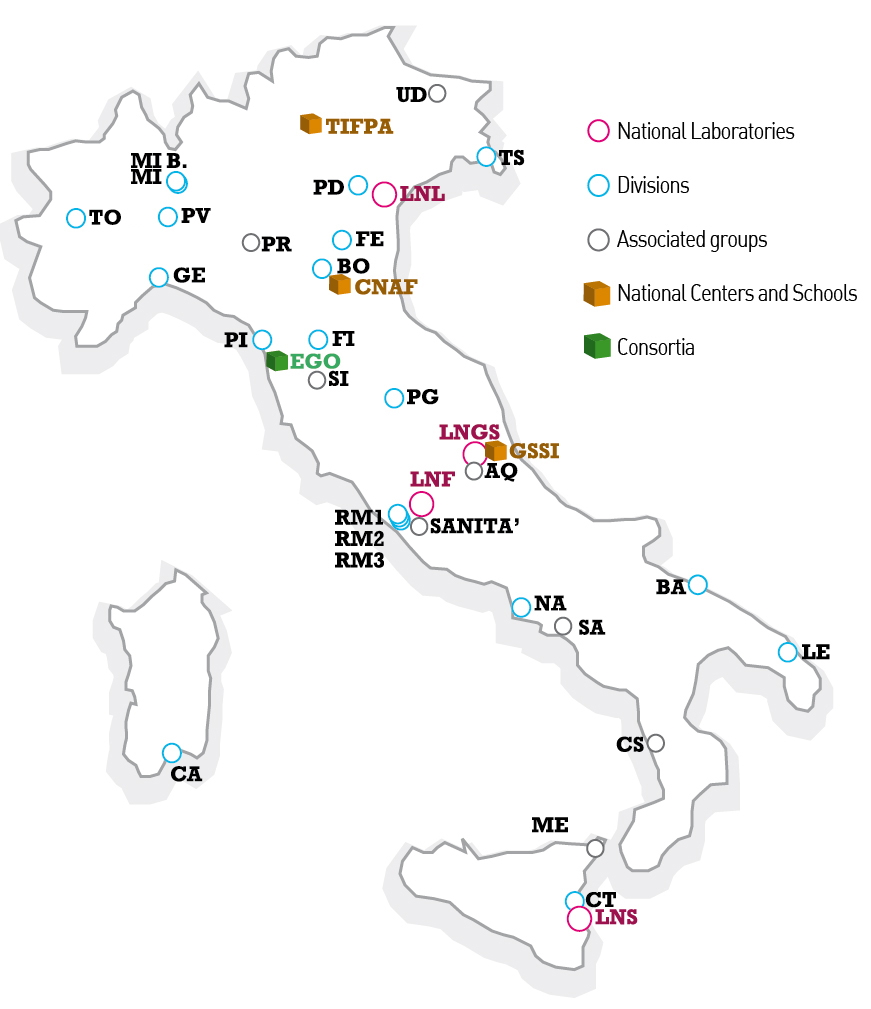Abstract
The characterization and understanding of complex systems represent a major challenge for statistical physics and its applications. Complexity might arise for several reasons: the presence of randomness, non-homogenous environments, long-range forces, non-trivial interaction networks. As a result, complex systems exhibit a rich phenomenology, including non-equilibrium behavior, anomalous transport, non-linear dynamics, emergent collective patterns, and non-standard statistics. Such features have been observed in a variety of systems in condensed matter, active matter, biological instances and socio-economic contexts. Even though a general theory is lacking so far, a set of mathematical tools and physical concepts has been developed in recent years, offering a common framework of analysis.
Our proposal is focused on investigating the out-of-equilibrium properties of complex systems by using both the standard statistical mechanics approach (from microscopic dynamics to macroscopic behavior) and a top-down one, consisting in the identification of universality classes as possible building blocks to unravel collective behavior.
We will consider classical and quantum systems, both in the deterministic and the stochastic setting, with special emphasis on their transport properties and cooperative behavior. We foresee the use of analytical as well as numerical methods to study a wide class of models with applications ranging from condensed matter and gravitational systems, biological networks and living aggregates, to socio-economic phenomena.
